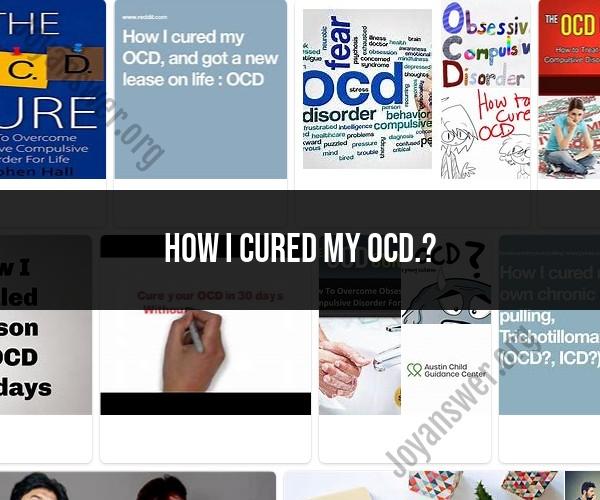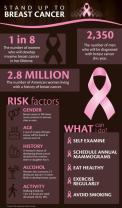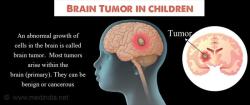How I cured my OCD.?
Overcoming Obsessive-Compulsive Disorder (OCD) can be a challenging journey, and while there's no guaranteed "cure," many individuals with OCD can learn to manage their symptoms and improve their quality of life through a combination of therapy, medication, and lifestyle changes. Here's a general personal account of how someone might work to manage their OCD:
Recognizing the Problem: The first step is often recognizing that there's a problem. This may involve acknowledging that certain thoughts or behaviors are interfering with daily life and causing distress.
Seeking Professional Help: OCD is a complex mental health condition, and effective treatment typically involves working with a mental health professional, such as a psychologist or psychiatrist, who specializes in OCD. They can provide a formal diagnosis, assess the severity of symptoms, and develop a personalized treatment plan.
Cognitive-Behavioral Therapy (CBT): CBT, and specifically a subtype known as Exposure and Response Prevention (ERP), is considered the gold standard for treating OCD. In therapy, individuals learn to gradually confront their obsessive thoughts and resist the urge to perform compulsive behaviors. Over time, this can lead to a reduction in symptoms.
Medication: In some cases, medication, often Selective Serotonin Reuptake Inhibitors (SSRIs), may be prescribed by a psychiatrist to help manage the symptoms of OCD. Medication can be especially useful when combined with therapy.
Commitment and Patience: Overcoming OCD is not an overnight process. It requires commitment, patience, and consistent effort to challenge and change compulsive behaviors and thought patterns.
Support System: Having a support system of friends and family who understand OCD and can provide emotional support can be invaluable. Support groups can also be helpful in connecting with others who are going through similar experiences.
Lifestyle Adjustments: Individuals with OCD often find that making certain lifestyle adjustments can help manage symptoms. This might include stress reduction techniques like mindfulness, regular exercise, a balanced diet, and adequate sleep.
Relapse Prevention: Even after significant progress, individuals with OCD may experience occasional relapses or flare-ups of symptoms. Learning strategies for managing these situations and seeking support when needed is essential.
Long-Term Maintenance: OCD can be a lifelong condition, but many people learn to manage it effectively. Long-term maintenance often involves continuing therapy, taking medication as prescribed, and being aware of potential triggers.
Self-Advocacy: Learning to advocate for yourself in the healthcare system is crucial. If you feel that your treatment is not effective or that your symptoms are not adequately addressed, don't hesitate to seek a second opinion or explore other treatment options.
It's important to note that everyone's experience with OCD is unique, and what works for one person may not work for another. Additionally, professional guidance is essential in managing OCD effectively.
If you or someone you know is struggling with OCD, it's crucial to seek help from a mental health professional who specializes in OCD treatment. They can provide a comprehensive evaluation and develop a tailored treatment plan to address the specific needs and challenges associated with OCD.













